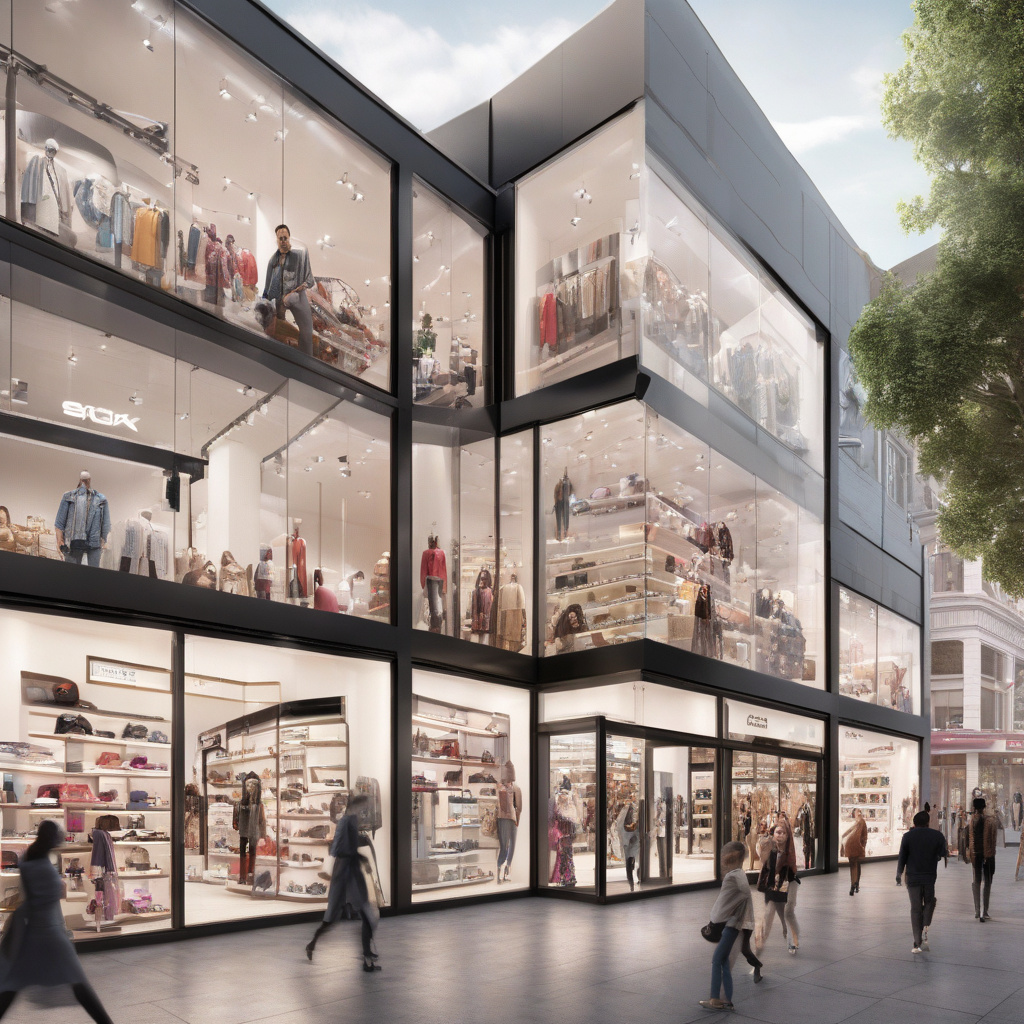Meta Wants to Expand Retail Presence to Boost Sales of Wearables
Meta, the tech giant formerly known as Facebook, is setting its sights on expanding its retail footprint, according to a recent report by Business Insider. This strategic move comes as Meta intensifies its investments in wearables, aiming to leverage physical stores to drive sales of its hardware offerings, including the Ray-Ban Meta glasses and the Meta Quest VR headsets.
By establishing more retail outlets, Meta seeks to provide customers with hands-on experiences of its innovative products. This approach aligns with the common consumer behavior of wanting to try before they buy, especially when it comes to cutting-edge technology such as augmented reality glasses and virtual reality headsets.
In the realm of wearables, where functionality and comfort are paramount, the ability to test these devices in person can significantly influence purchase decisions. While online channels offer convenience, the tactile experience of trying on a pair of smart glasses or immersing oneself in a virtual environment remains unmatched in a physical store setting.
Moreover, retail locations serve as hubs for customer education and support. Shoppers can receive personalized guidance on product features, troubleshooting tips, and recommendations for accessories, enhancing their overall shopping experience and post-purchase satisfaction. This personalized touch is crucial in building trust and loyalty among consumers, fostering long-term relationships with the brand.
For Meta, the retail expansion represents a strategic shift towards a more omnichannel approach to sales and marketing. By complementing its online presence with brick-and-mortar stores, Meta can create a seamless shopping journey for customers, allowing them to engage with the brand across multiple touchpoints. This integrated strategy not only drives sales but also strengthens brand visibility and awareness in the competitive wearables market.
Furthermore, the physical stores can serve as experiential showcases for Meta’s latest technological advancements, offering interactive demos and demonstrations that highlight the unique capabilities of its wearables. These immersive experiences can captivate consumers, sparking interest and curiosity about the innovative possibilities unlocked by Meta’s products.
In addition to driving sales, the retail expansion can also serve as a platform for gathering valuable customer feedback and insights. By directly engaging with shoppers in-store, Meta can gain real-time perspectives on user preferences, pain points, and suggestions for product improvement. This direct line of communication enables Meta to iterate on its offerings quickly, addressing customer needs and enhancing product development processes.
As Meta embarks on this retail expansion journey, it underscores the company’s commitment to innovation, customer-centricity, and market growth. By investing in physical retail spaces, Meta is not only expanding its sales channels but also creating opportunities for deeper connections with consumers, driving brand loyalty and advocacy in the ever-evolving landscape of wearable technology.
In conclusion, Meta’s decision to open more retail stores signifies a strategic move to enhance the sales and visibility of its wearables, leveraging the power of in-person experiences to engage customers and drive growth. By blending online convenience with offline interactions, Meta is poised to create a holistic shopping ecosystem that caters to the diverse needs and preferences of tech-savvy consumers. As the retail landscape continues to evolve, Meta’s retail expansion showcases a forward-thinking approach that prioritizes customer engagement, innovation, and long-term success in the competitive wearables market.

